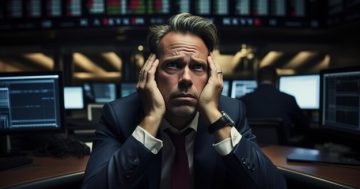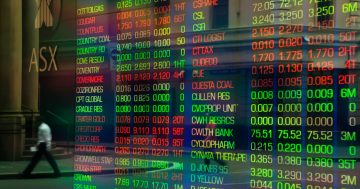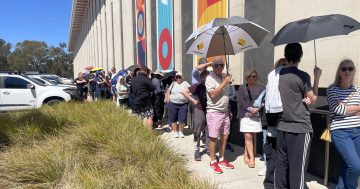Ben Hurley* talks to an investment researcher who says an army of ill-informed day traders are distorting the stock market and rewarding the wrong companies.
 A surge of often irrational investors into day trading during the COVID-19 pandemic is creating market distortions.
A surge of often irrational investors into day trading during the COVID-19 pandemic is creating market distortions.
President at Bianco Research in Chicago, Jim Bianco says this is making it harder for institutional investors to hit their benchmarks.
Mr Bianco said the shift of online brokers such as Robinhood to zero commission had already increased interest in day trading and self-directed trading before the pandemic arrived.
He said the advent of fractional shares had also made the market more accessible by allowing traders to buy, for example, a tenth of an expensive share at a much lower price.
“Then the pandemic accelerated existing trends,” Mr Bianco said.
“With more time on their hands at home and seeing markets fall, the opening of day trading accounts leapt in March as young, hopeful investors rushed to buy stocks at reduced prices.”
Among them has been a significant cohort of sports gamblers, encouraged by pundits like Dave Portnoy, founder of sports and pop culture blog Barstool Sports, who leapt into day trading in the absence of the usual sports that were the mainstays of his blog.
Mr Portnoy, who has 1.5 million Twitter followers, said he bought $US600,000 worth of stocks in pet retailer Chewy because “stocks always go up, and I like dogs”.
“That’s it with the analysis — and there’s hundreds of thousands of people who listen to this guy and they all nod in agreement,” Mr Bianco said.
He believes this is part of a major disruption going on in Wall Street, having an over-sized impact on setting the prices of stocks at the margin.
Young investors are rushing to buy fallen stocks with the belief that no major company will be allowed to fail, and the stock market always goes up.
There are no good statistics on how big this is, but active retail trading accounts at major retail brokers in the United States now probably total 50-to-70 million.
Mr Bianco said for the past three months the simple strategy of buying broken stocks would have paid off, self-justifying the strategy, but it would probably end in tears.
“A large number of irrational players gambling with their money could create ‘mal-investment’ or distortions in the market, rewarding the wrong companies and not the good companies,” he said.
*Ben Hurley is a journalist and editor with more than a decade of experience in the industry. He can be contacted at linkedin.com.
This article first appeared in Investment Magazine.











